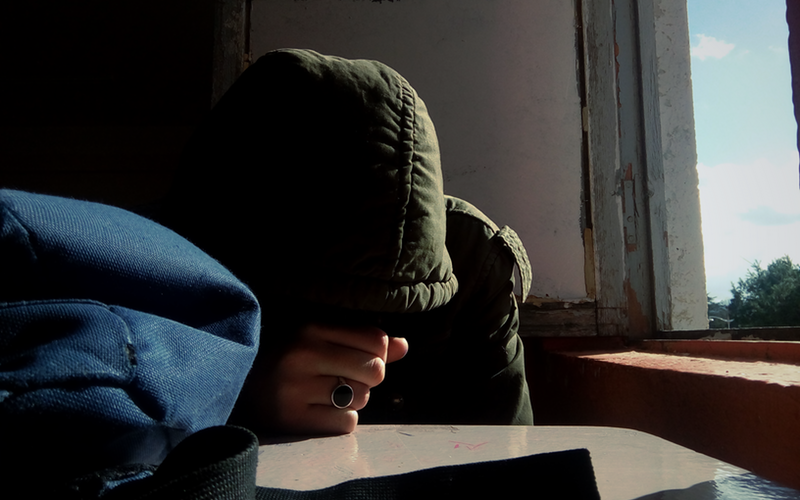There are different types of tragedy that strike our ministries. Sometimes they happen to students under our care, other times it is an illness or accident or a devastating choice a student makes that ends in pain. the scenarios can vary, but in my experience the feelings that follow almost always are the same: grief, hurt and a helplessness that there is nothing you can “do” to “fix” the situation. While we are thrust into the midst of these moments in a variety of ways there is an expectation we step up to support all involved: the family of the one it “happened” to, the other students, and our staff and volunteers.
I speak from personal experience when I say it never gets any “easier” to navigate these situations. There isn’t a “formula” that helps us know exactly how to deal with this “well.” The same knot in your stomach comes any time a circumstance arises that forces you to deal with something horrific.
Here is what I know:
Prayer is an Active Response:
Sometimes we get to be the direct support to a family and other times we stand on the peripheral while others are “hands and feet” to surround the hurting. We can make the statement, “ I guess ALL WE CAN DO is pray” This is not a “small” thing just because it feels intangible. None of us really can comprehend how exactly prayer works, however, pleading on the behalf of all involved is vital.
Be a Body:
There is a reason why we are called the “body” and not just the “body parts” of Christ. No one person can stand at the side of all who need love in the midst of a tragedy. There are those who are immediately involved, then there may be ripples of others affected indirectly. A volunteer asked me recently in the midst of a ministry tragedy, “Do you think it’s alright if I just hug students and let them know it will be OK?” Yes, that is sometimes what is needed. No one person is expected to or should have to hold it all together.
This IS Ministry:
Doing ministry like “running the youth group” or sharing the Gospel feels like we are being active in our faith. I am more convinced than ever that true ministry is to mourn with those who mourn. Don’t “do”…just be available to love on people.
Look Beyond Right Now:
When everyone is in the midst of the “shock,” many come around to help and comfort those who are hurting. As time passes however, more and more go away from the mourning person(s). Recently, I was with some parents who lost a child a couple of years ago who made the statement, “We are still grieving and everyone is tired of hearing about it.” Those directly affected have now been impacted for a lifetime. God brings healing, and we need to keep supporting in a variety of ways for the long haul.
Deeper Counseling:
Sometimes tragedy strikes in a way where someone can’t move forward past the devastation. It may be a situation where they blame themselves or feel guilt that they are still alive when someone close has died. They may need to join a group like Grief Share, or enter into professional counseling to give them tools to function in the midst of their grief.
Most importantly, remember you need to grieve as well in the midst of all that is going on. Obviously, tragedy strikes us differently depending on how close we are to a student or family. However, we need to process our own feelings and not be so focused on helping everyone else that we forget our own hearts in the midst of it all. Find people you can talk to as well as you cry out to the Lord.
How have you handled tragedy that has stricken your ministry?


There are surprisingly few resources that I’ve found on what to do when tragedy strikes. In a six month period of time two sixteen year olds committed suicide in our one high school community. One of them was from my student ministry. There was nowhere to turn for help.
There are surprisingly few resources that I’ve found on what to do when tragedy strikes. In a six month period of time two sixteen year olds committed suicide in our one high school community. One of them was from my student ministry. There was nowhere to turn for help.